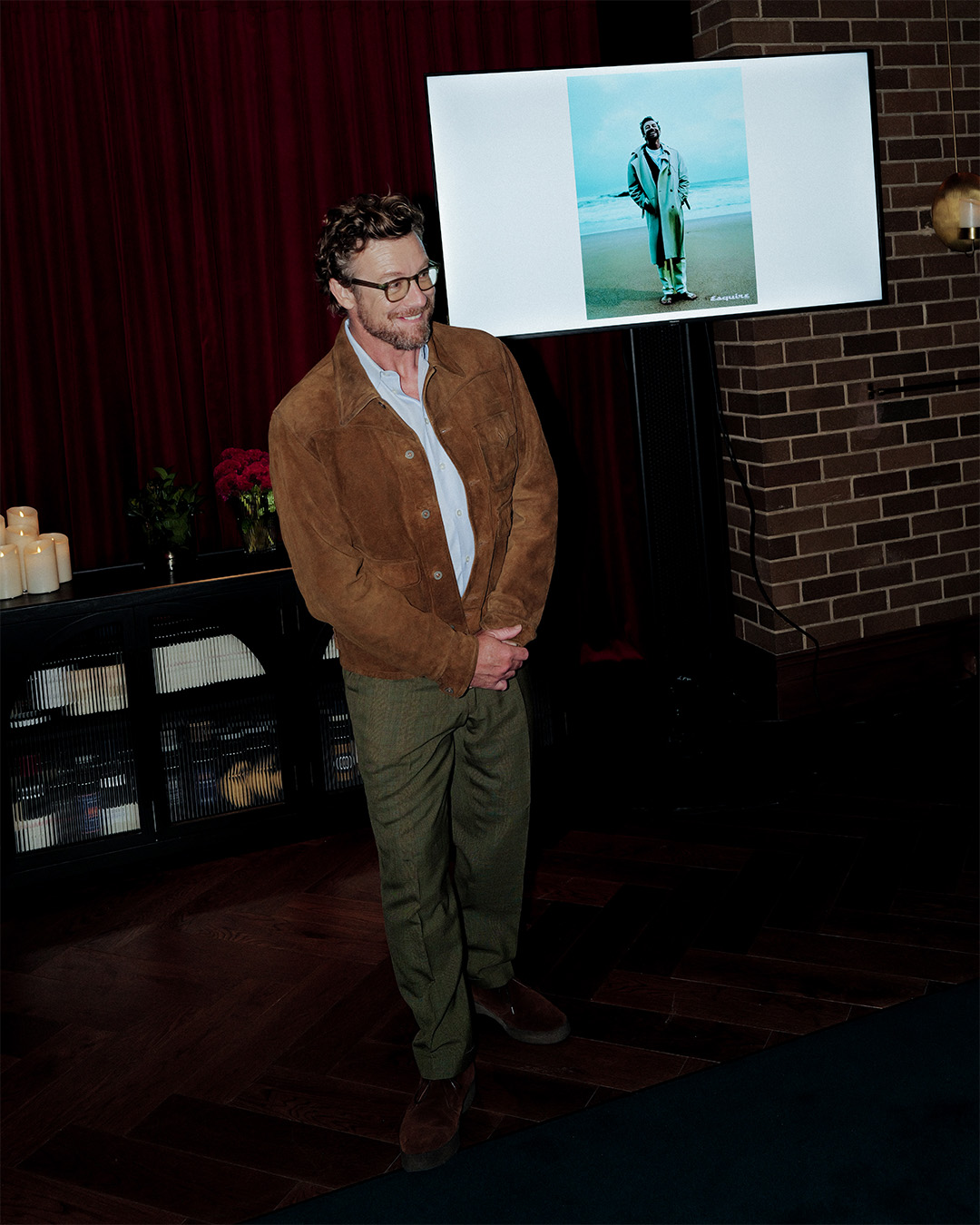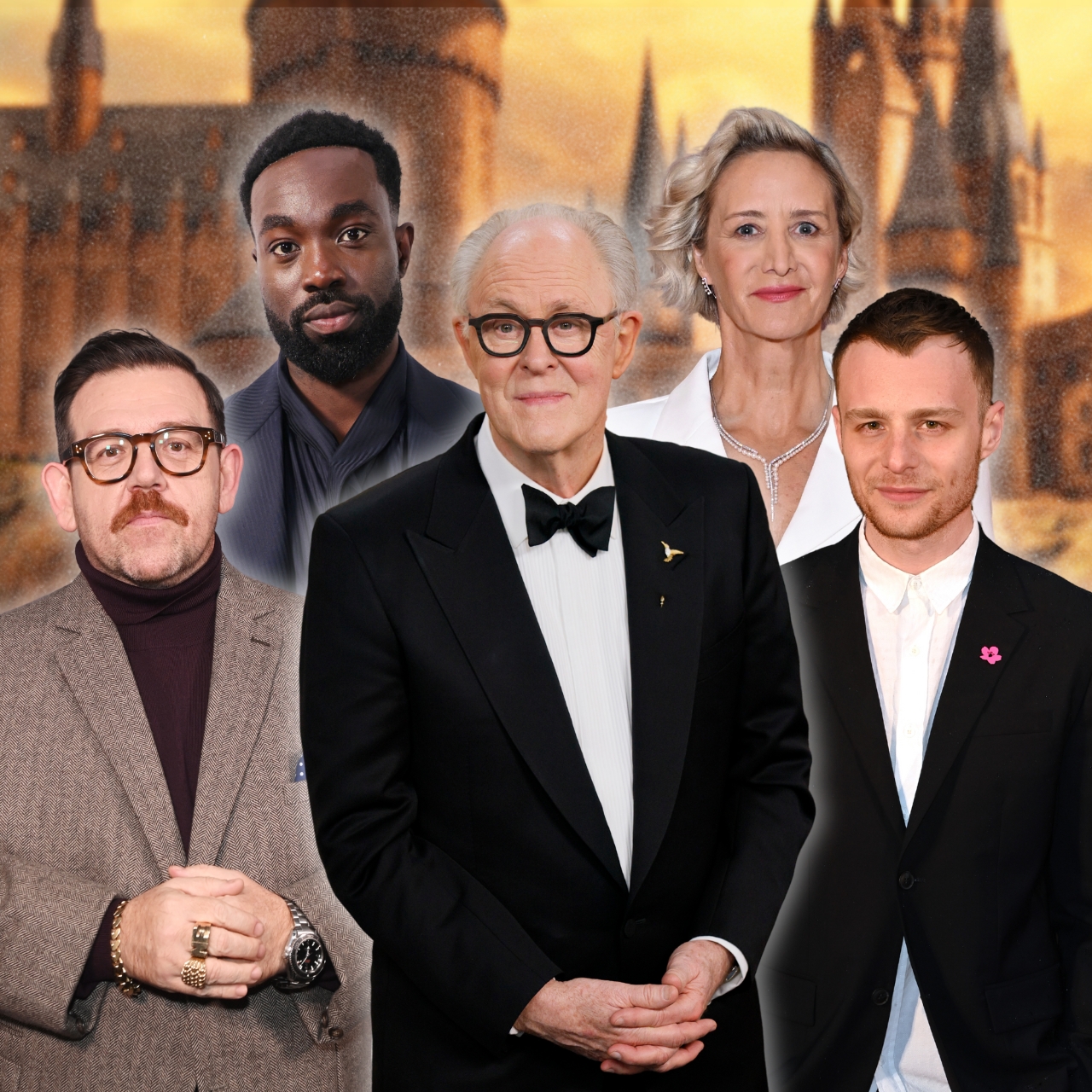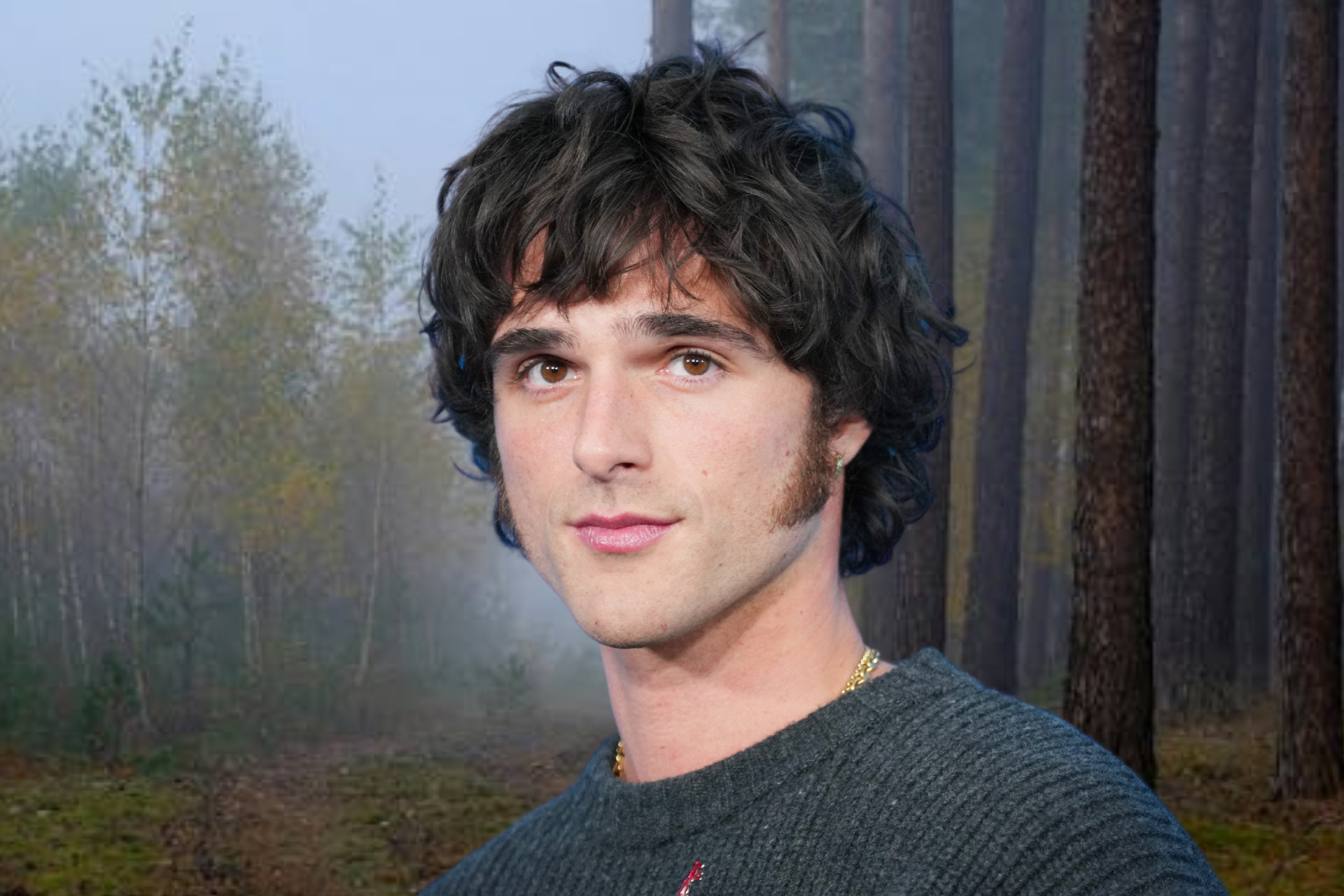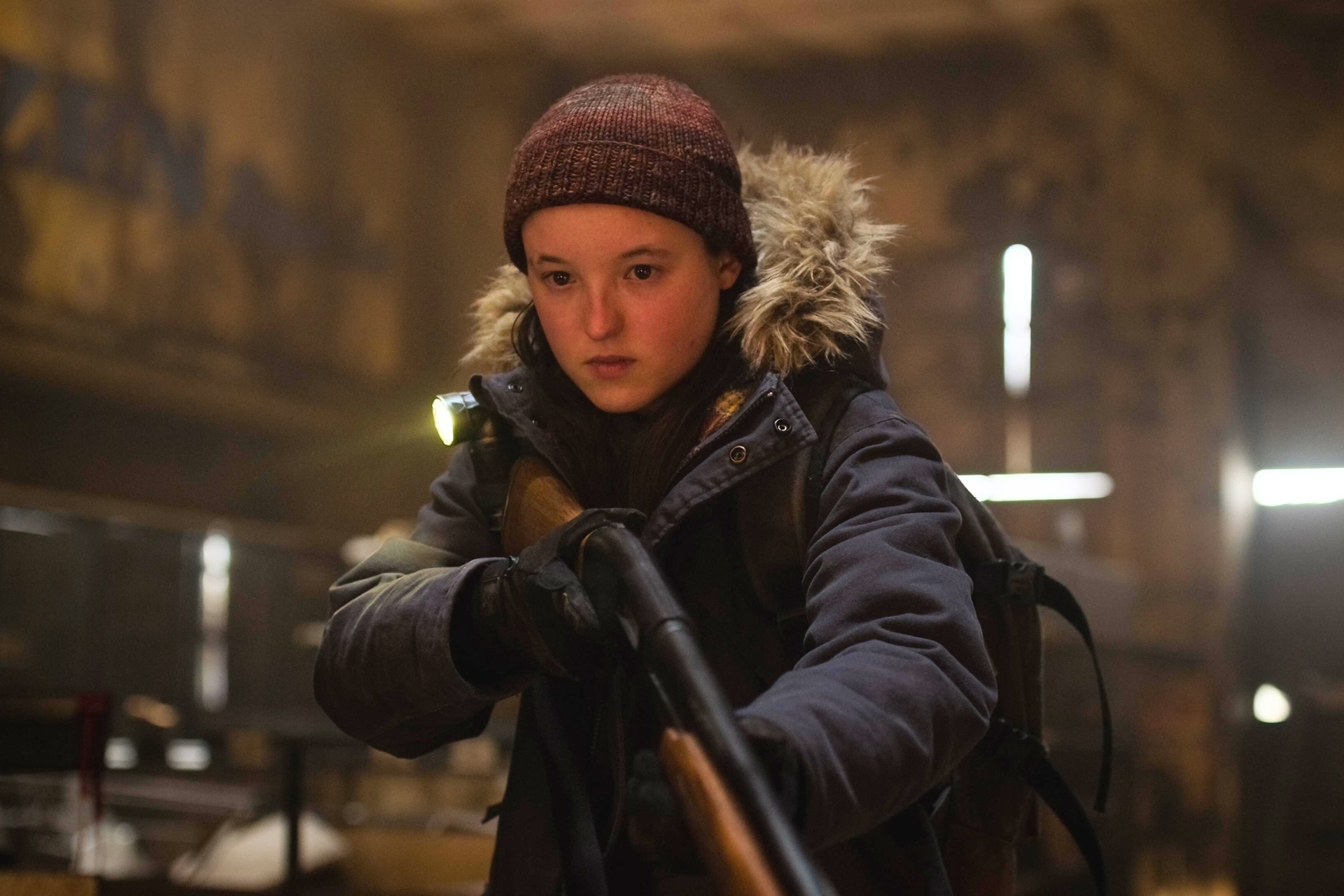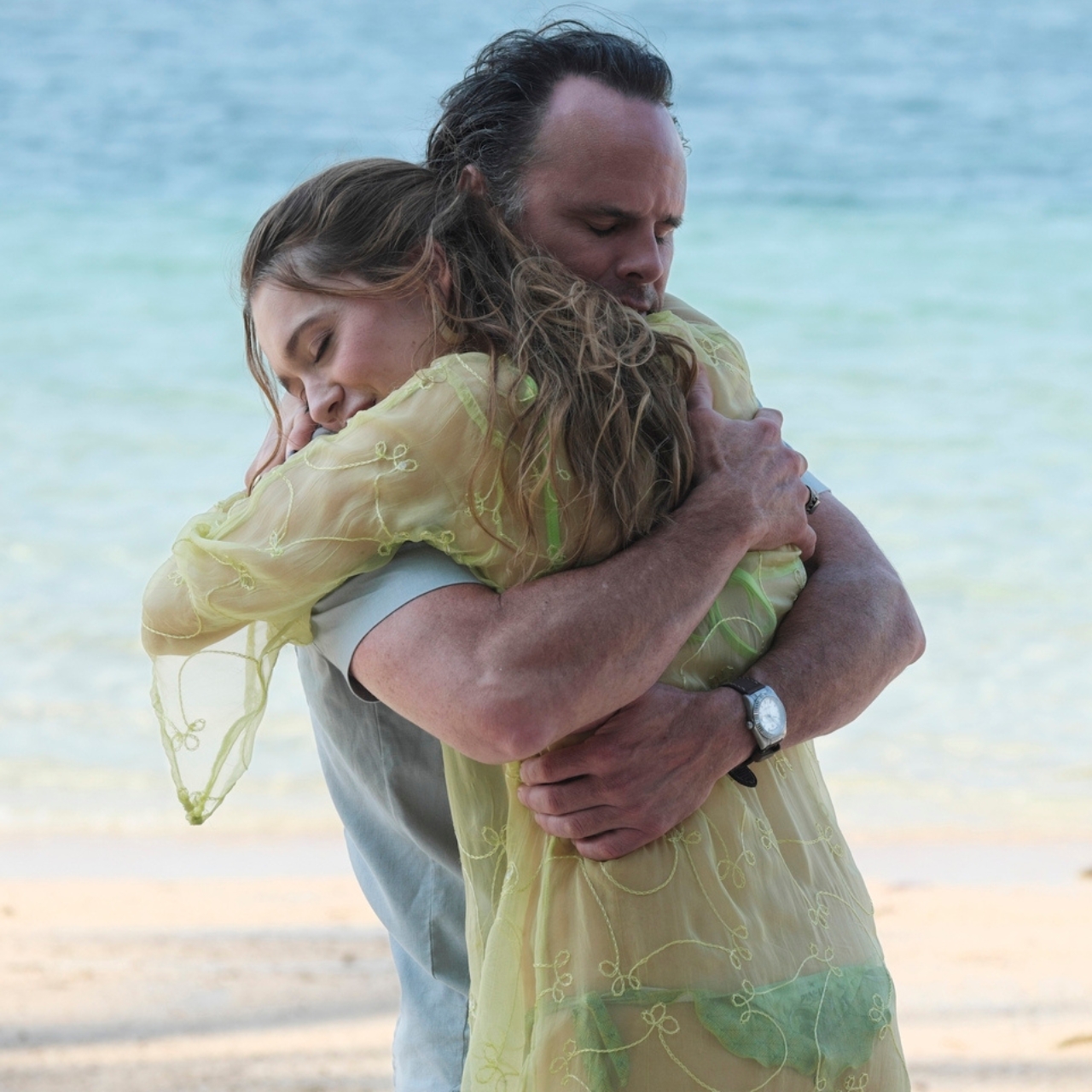‘The White Lotus’, like ‘Severance’, just about pulled it off
But does a good finale a decent season of television make?

WE MAY ONLY JUST broken in April, but we have ticked off two of this year’s major televisual events. The first is, of course, the final episode of the third season of The White Lotus, in which shots were fired metaphorically (has a swimming pool ever born witness to so much drama? Paging Mr Gatsby) and physically (adieu to Rick and Chelsea, two hopeless cases with enviably distinct faces). This year’s other small-screen supernova was the Severance finale, which took place not in a hotel but a harshly lit mid-century-office, as Lumon employees also attempted to check out with varying degrees of success. There were similarities between these episodes of watercooler television: survival was the aim, though choice emerged as the ultimate reward for a lucky few, and both were a masterclass in helping you forget a thoroughly patchy season. I guess this is what they call spring cleaning.
Related: The White Lotus season 3 finale recap
It is fair to say Mike White, the writer-director of The White Lotus, and Dan Erickson, the creator of Severance, stuck their respective landings. And yet I feel levels of validation hitherto only reached by Victoria Ratliff when I look back at my earlier reviews of each show, which you can read in full on the Esquire website, but I can summarise here: pretty good, a little aimless, excellent finales (I will say that the final Severance episode, directed by Ben Stiller, surpassed The White Lotus in both ambition and execution). As someone who professionally watches and write about entertainment, I have thought about these episodes often. Is a good ending enough? Do they justify a season of dawdling? Was any of that really worth my, and more importantly, your time?
These questions are evidence of The White Lotus and Severance’s above-average quality: the series have set high standards for themselves. But many of the writers’ choices this season simply did not pay off. While the early episodes of Severance’s second season were explosive, dealing with the fall-out from the first season, the later entries flagged. The show did not shy away from revelations, but it would frequently pad them out with tedious detours (Patricia Arquette, who plays Lumon manager Harmony Cobel, was dealt a particularly bad hand this time round). And White’s longest season yet often got caught in a loop: Jason Isaacs, as embattled financier Timothy Ratliff, underwent an interminable breakdown; Walton Goggins, as sad bro Rick, was stuck in anger management. The reliably watchable Natasha Rothwell, as the second-chance soon-to-be spa owner Belinda, had precisely two notes to hit all season.
In one of the more successful storylines from last night’s season finale, Jaclyn (Michelle Monaghan), Kate (Leslie Bibb, this season’s most nuanced performance), and Laurie (Carrie Coon) are having dinner on the final night. For the friends, it has been a trying week, replete with covert criticisms about boys and politics, overt confrontations about age-old behaviours, and very public water gun soakings. Around the table, we reach the denouement. “All week, I’ve been so sad,” Laurie admits to her friends, “I just feel like my expectations were too high or I just feel, as you get older, you have to justify your life, you know?” Laurie’s sadness, she explains, has come from being around her friends: when they are together, her choices are “transparent”.
But it’s in that intimacy where Laurie has also found fulfilment: when religion and work stall, talking shit around the pool with old friends makes for a decent belief system. The monologue is a good piece of writing, a characteristically great delivery from Coon, and the stand-out scene from the finale. It is also the most exasperating: you can spot a sensational season of television here, which featured consistent and compelling character development, but it is also clear something went missing along the way. (Many of the character’s scenes were cut, according to Coon, which is not unusual for television, but the glimpses are infuriating.)
Here is what both shows excelled at: being talked about. As each episode of The White Lotus aired, media publications and social media accounts alike jumped to pick apart characters’ wardrobes, the actors’ teeth, the meaning of White’s supposed “easter eggs”. Severance, another internet darling, experienced a similar trajectory, as viewers scrambled to work out the meaning of season-long mystery “Cold Harbor” and whatever the hell is going on with those goats. For headline generation alone, these prestige hits are excellent advertisements for a weekly rollout instead of the Netflix binge. But while it was always easy to find explainers about Eastern philosophy or the symbolism of the hotel’s monkeys, it was harder to understand whether anyone was actually enjoying The White Lotus. I would wager that many feel a little like Laurie at her final supper: glad to have reached understanding, strung out by the journey, and a touch cautious about embarking on this particular trip again.
This story originally appeared on Esquire UK.
Related:









